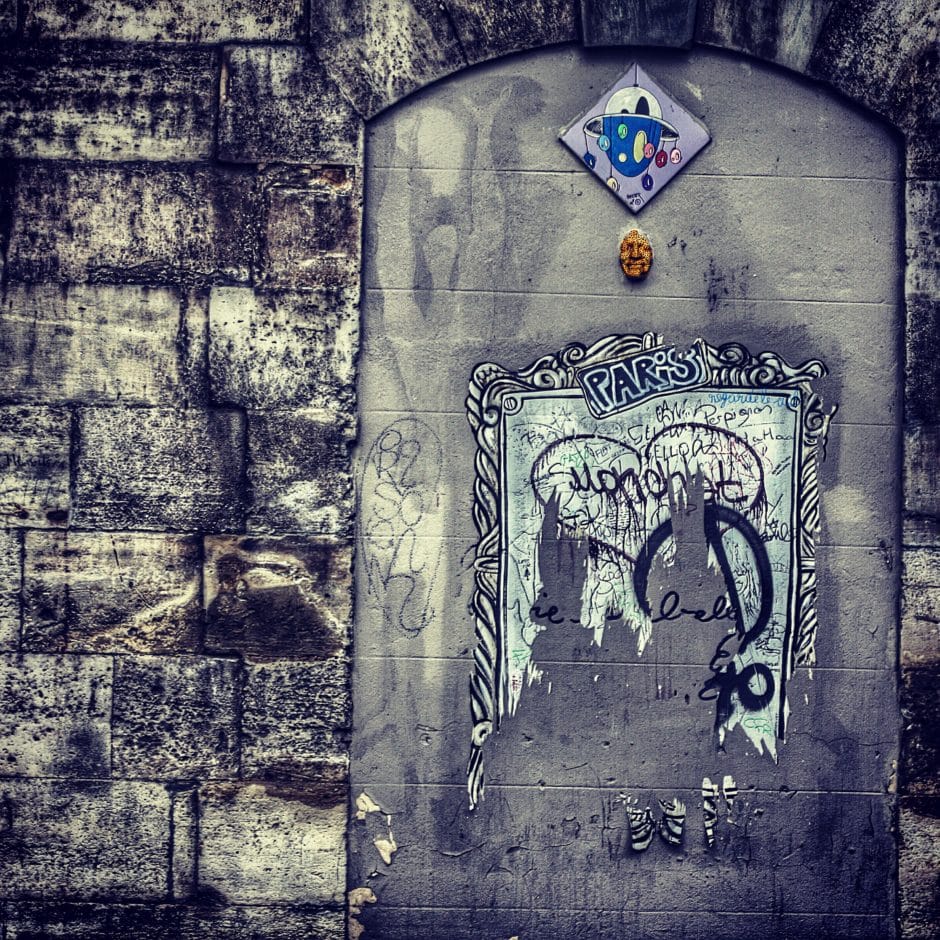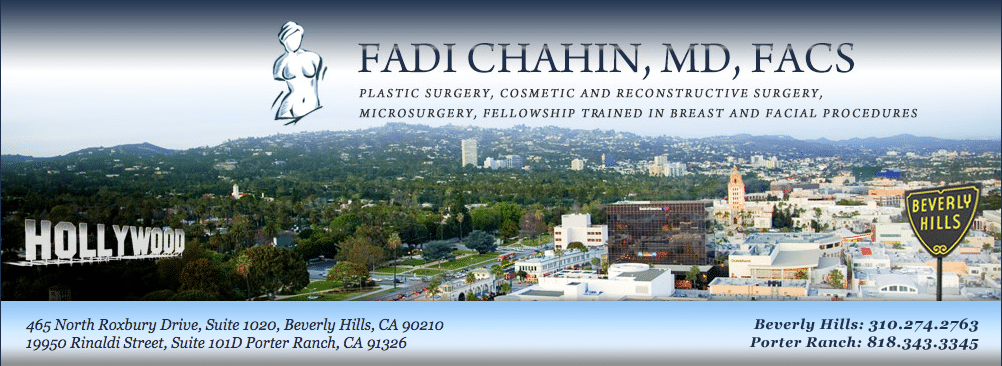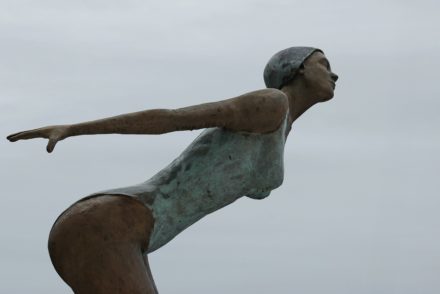When my brother Carlos died in June of 2013, I did two things: I threw myself into my writing and I started devouring stories and essays, anecdotes, blog postings, anything and everything related to grief. I was looking to make sense of this senseless loss; how my querido hermano finally succumbed to his fifteen year heroin addiction at the far too young age of 41.
(Cheryl Strayed’s “Heroin/e” quickly became a favorite I revisited many times. Then there was her essay “The Love of my Life” and David Sedaris’s “Now We Are Five” and so many more that I can’t even begin to list.)
I wanted proof that I wasn’t going crazy. Something to explain the knot in my throat that I couldn’t seem to swallow or cry out or scream through.
I needed someone to tell me that this grief would pass because it seemed impossible that it could. That the vise grip it had on my throat would loosen.
I needed to know that I would survive this feeling of dying. The tiny little deaths I endured daily when people who did not know how to handle my grief said things that felt more like knives than comfort (“you’re strong, you’ll be okay” “he’s in a better place now” “everything happens for a reason”); when I heard Tracy Chapman’s Fast Car or smelled his cologne on a passing stranger; or that time I swore I saw him in a crowd and I freaked, ran toward him, only to have this stranger look at me like I was a lunatic. The thing is, in that moment I was. I was losing my shit.
I was terrified that I would forget him, his voice, that mischievous twinkle in his eye when he came up with a scheme that would make mom scream and chase us.
I was desperate for people to know who he was. Not just the heroin and how he lost himself in it and stole and manipulated. I wanted them to know him when he was my Superman, how he loved and believed in me, what he taught me about love and life and survival, and how so much of who I am, my fierce, my “fuck that, I got this,” I owe to him.
During the holidays of that year, I went into a really dark place. If I had to pick a day when it started, I’d say it was Thanksgiving. I shot out of bed, completely unable to breathe. It was like my breath was caught in my trachea. I was choking on my grief. All I kept thinking was: He should be here. He should be here. Carajo, he should be here. I called my aunt who is very much a surrogate mother to me. I couldn’t even talk. All I could do was sob into the phone. “Come over,” she said. “Come over right now.” I woke up my daughter who stared at me with those huge, expressive eyes of hers that tell you exactly how she’s feeling—she was scared for her mama. We ran the three blocks to aunt’s house in our pajamas. I hadn’t even brushed my teeth. Later that day, one of her boys (I don’t remember which one) came with me to pick up clothes. My aunt made sure we weren’t alone. I didn’t get home until late into the night.
It was after that that I picked up a chair and sat in my grief. I went willingly into an abyss I was scared I would stay in or wouldn’t know how to claw out of. (I’m picturing that scene from Silence of the Lambs when Buffalo Bill lowers a bucket into that torture pit chamber of his and you get a glimpse of the blood and fingernails and scratch marks on the wall.) That’s when I started reading everything I could get my hands on about depression, how grief can trigger it, the dangers, the menace.
Despite this, I didn’t acknowledge my depression until sometime in February, when the blackness started to ebb and I could see light on the edges. It was blue and shadowy, almost grey, like powder. What mattered most was that it wasn’t all black. It symbolized hope.
2.
It was around that time that my friend recommended Live Through This: On Creativity and Self-Destruction. It was in the reading that I finally forgave myself for not writing for a while. I don’t remember when I stopped but I remember the ache of what I was writing. Me dejaba sin ánimo. The writing had become everything and it was keeping me from confronting myself and my pain in that gritty, profound, it’s-time-to-face-your-shit way that I needed. (I’m thinking of a quote from a Roxane Gaye essay here: “Writing is not everything. It can’t be.”)
That’s when I started therapy.
I kept reading voraciously about grief and depression. Books like Unholy Ghost—Writers on Depression; I read essays and articles and studies. Then something shifted one day in April while I was on my way to therapy. I was on the B train crossing the Manhattan Bridge. The day was that kind of sunny and crisp that only happens in early spring when the earth hasn’t yet exploded with green but is about to, and you can’t help but smile at the tiny green shoots pushing up through the brown. You smile because you know what’s coming—life.
I was reading yet another essay on depression. The author wrote about how bad it got for her, how deep she sunk that she thought about offing herself to make it stop. Suddenly, I thought (I may have even said it out loud), “I don’t wanna kill myself!” and I slammed the book shut. I finally really understood those lines in Toni Cade Bambara’s The Salt Eaters: “Are you sure, sweetheart, that you want to be well?… Just so’s you’re sure, sweetheart, and ready to be healed, cause wholeness is no trifling matter. A lot of weight when you’re well.”
I did want to be well. I wanted it more than anything.
I’ve been working on being well ever since. I’ve learned that being well is a journey, a daily exercise that some days requires that I stay in bed, some days requires that I write, some days requires that I go for long walks in the forest. Every day requires something different of me.
The sadness creeps in some days and sits on my belly & clamps down on my neck so I can’t do much for days. Some days I’m energetic and sprite. I bounce out of bed, ready to take on the world. Some days, not so much.
Two months ago, I realized that I’ve been writing a memoir in essays called Relentless. It’s the journey of my grief over losing my brother, what I learned from grief, and how in that grief I’ve become (and am still becoming) the woman and writer my brother always said I was. Relentless is about the discovery that grief can teach you so much if you just let it.
4.
It is perhaps the greatest misperception of the death of a loved one: that it will end there, that death itself will be the largest blow. No one told me that in the wake of that grief other grief’s would ensue. ~ “Heroin/e” by Cheryl Strayed
I don’t know if I consciously decided to sit in my grief. I don’t even know if that matters. What I do know is that I was exhausted in that way that sleep doesn’t help. It was that kind of tired that’s in your bones. And so I gave into it, and now I see that I had to let that grief kill me a little so it could give me life. I chronicled the journey me in my blog and my journals. I wrote about all the griefs that this grief unearthed. The grief over being an unmothered daughter; the antagonistic relationship I’ve always had with my mother and how she punishes me by denying me her love. The grief over being molested when I was six. The desperate worry that I will fail my daughter. The grief over feeling unworthy and not enough. The grief over falling for the same kind of emotionally unavailable man over and over since I was twelve, and the startling discovery that I’ve just been repeating my relationship with my mother.
It’s difficult writing. Writing that’s made me isolate myself in ways that once made my sister friend Angie sob in my kitchen because she was so worried. But it’s writing I had to do. I know that now more than ever. And though that writing has twisted my insides in ways that have made me shake and curl into myself, I’m more scared of what would have happened (or what will) if I didn’t write these stories. I know that just because I didn’t write about this pain before doesn’t mean it wasn’t there eating at my insides, manifesting itself in ways I’m only beginning to uncover. Now that I know and have faced this pain, I cannot unsee it. I can’t pretend it hasn’t been there all along, and I can’t not write through it. It’s going to be there festering, like it’s always been, waiting to be acknowledged, whether I write it or not. The writing is the healthy thing to do for myself.
There was a time when I couldn’t talk about my relationship with my mother. I couldn’t tell my friends that she hasn’t spoken to me in over a year; that she’s done this repeatedly throughout my almost 40 years of life. I couldn’t tell them about how she runs out of my aunt’s house when I arrive, and how she pulls her shoulder in when she walks by so she doesn’t touch me. Because I’ve written about her, I can now have empathy for her. It hurts that she’s so callous, but I am no longer broken by her inability to love me like I’ve always wanted her to. That in itself is so big: the acknowledgment that it hurts while not being suffocated by it anymore.
Being well does not mean denying the darkness that lurks on the edges. I know that darkness well. I deal with it every day. Some days, I serve it tea and ask what it wants from me. Some days I feel like I’m wrestling a chupacabra whose sharp teeth gnash and go for my jugular. I remind myself to be gentle, to love myself through it.
The other day, I woke with a pounding in my chest, like a sledgehammer slamming into me repeatedly, that reminded me of that pain I carried when Carlos first died. I remembered the feeling of dying. It happens less often these days and I’m not sure it’ll ever stop happening. Sometimes I worry that it will, that I’ll stop missing him, that I’ll stop wishing he were here to share my daughter’s milestones, my excitement over my writing and teaching and this life I’ve built for myself.
I thought I knew how to deal with this pain before my brother died, but when he did, I was shattered and every idea I had about love and truth was thrown asunder. But it was facing that grief that has brought me back to life. There was no other way to do it, not for someone like me; and though it stings to say, I am now grateful for grief and what it’s taught me. Lord knows where I’d be without it. Lord knows I wouldn’t be well.
About Vanessa:
I am a NYC based writer, educator and overall bad ass. Since my brother’s death, I write a lot about grief and trauma and how we work through (or don’t). I write about what it was like to grow up in a gay relationship in 1970s and 80s New York, and what it’s like to be a single mom in this world that makes you feel ashamed of being so. I write about whatever I feel viscerally, and I’m learning to be unapologetic about it.
*Featured image courtesy of Tiffany Lucero.

Jen Pastiloff is the founder of The Manifest-Station. Join her in Tuscany for her annual Manifestation Retreat. Click the Tuscan hills above. No yoga experience required. Only requirement: Just be a human being. Yoga + Writing + Connection. We go deep. Bring an open heart and a sense of humor- that’s it! Summer or Fall 2015. It is LIFE CHANGING!







2 Comments
Dear Vanessa,
I feel as if you inhabit a piece of my soul when I read your writing. That’s about all I can say…I need to let the rest settle into thoughts.
I will say this because I long to….Olivia Grace (1992-2004). And as she’d tell me, her mother, “breathe in the light, and blow out the darkness”. I keep trying, baby.
Beautiful essay, Vanessa.
[…] I did want to be well. I wanted it more than anything. ~Do You Want to Be Well: Lessons From Grief […]